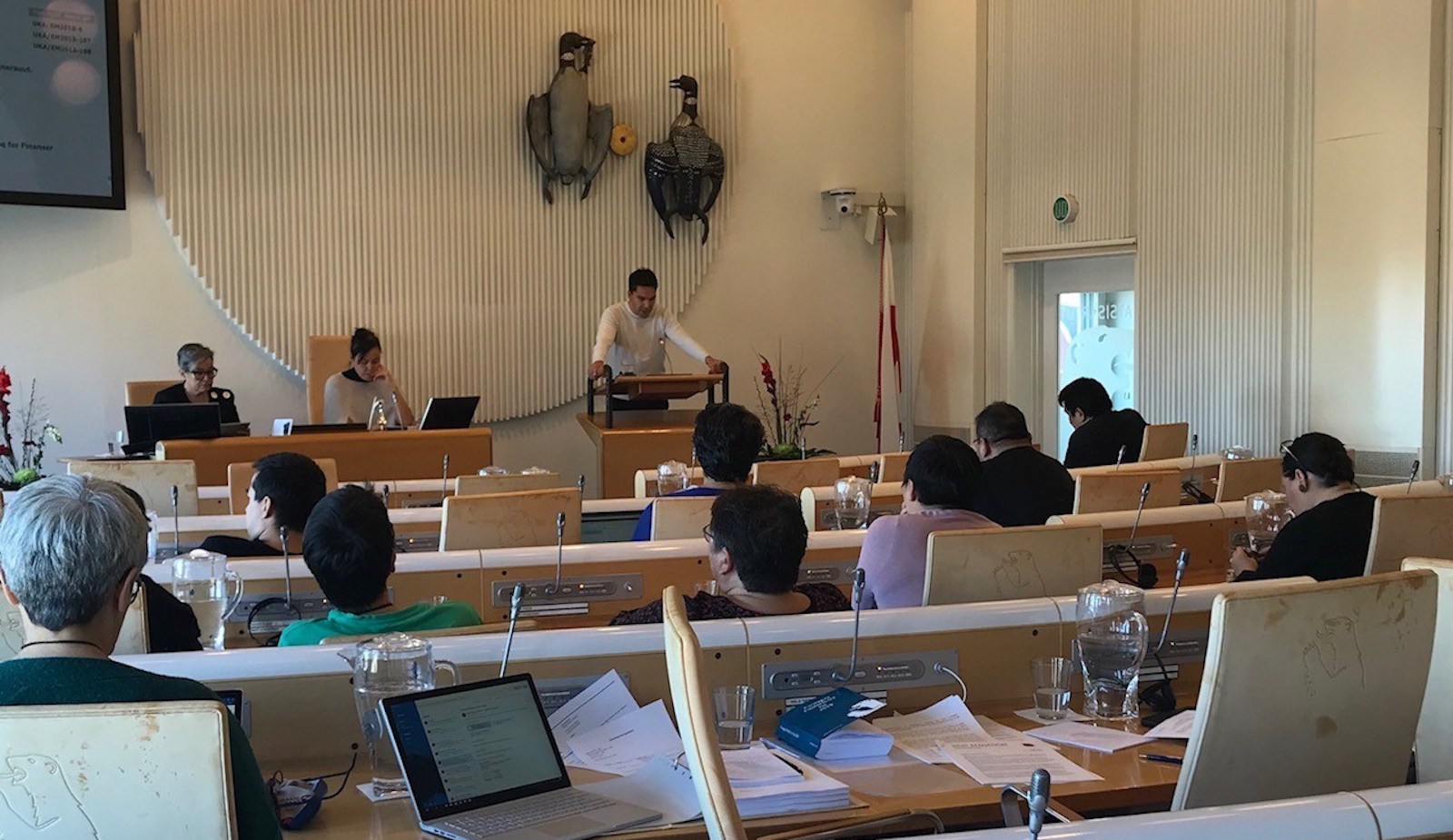Faith in Greenland’s lawmakers is waning, a new transparency study finds
More than half of Greenland voters think corruption is a “big problem.”

A slim majority of people in Greenland think that the democratic process functions well, even as they are increasingly losing faith in the ability of individual lawmakers to act in the nation’s best interest, a new survey finds, prompting calls for greater public involvement and more insight into the political process.
“People feel that corruption is a problem. This is something we need to take seriously. We need to stay focused on the risk of corruption in the public as well as the private sector,” Transparency International Greenland concluded in its contribution to the 2020 Global Corruption Barometer, a widely recognized measure of public views on corruption.
The survey, the results of which were published last week, was the second time Transparency International’s Greenland chapter has interviewed people about their perceptions of corruption amongst lawmakers, civil servants and private-sector firms.
[Greenland’s premier narrowly avoids a no-confidence vote]
In the previous survey, in 2016, 43 percent of those responding said they felt corruption had worsened over the past year. The 2020 survey found that number had risen to 60 percent.
The figure reflects decreasing confidence in lawmakers and civil servants. with 57 percent saying they felt corruption was a “big problem.” Trust in the courts, the police and firms improved, meanwhile.
Public perceptions of corruption on the part of lawmakers does not offer proof such corruption, Transparency International Greenland, underscored. However, studies have suggested that there is some correlation between perceived corruption and other indicators of corruption.
“Public confidence is necessary in a democratic society. Confidence that lawmakers will make decisions on behalf of voters is important in a representative democracy,” Birita í Dali, the chair of Transparency International Greenland, said.
[Greenland’s premier becomes embroiled in a row over roe]
In order to avoid suspicion that they are corrupt, lawmakers should be careful about putting themselves in situations where they could be accused of abusing their power, Transparency International Greenland recommends.
In general, few cases of suspected corruption are reported in Greenland each year. This, despite most people saying they were willing to make such a report.
According to Transparency International Greenland, factors such as fear of reprisals and uncertainty about how to report corruption could play a role, as could Greenland’s predominance of small communities where most people know each other.
Transparency International Greenland says it will now redouble its efforts to call out instances of corruption, as well as provide information about ways to avoid corruption and the benefits of reducing it.